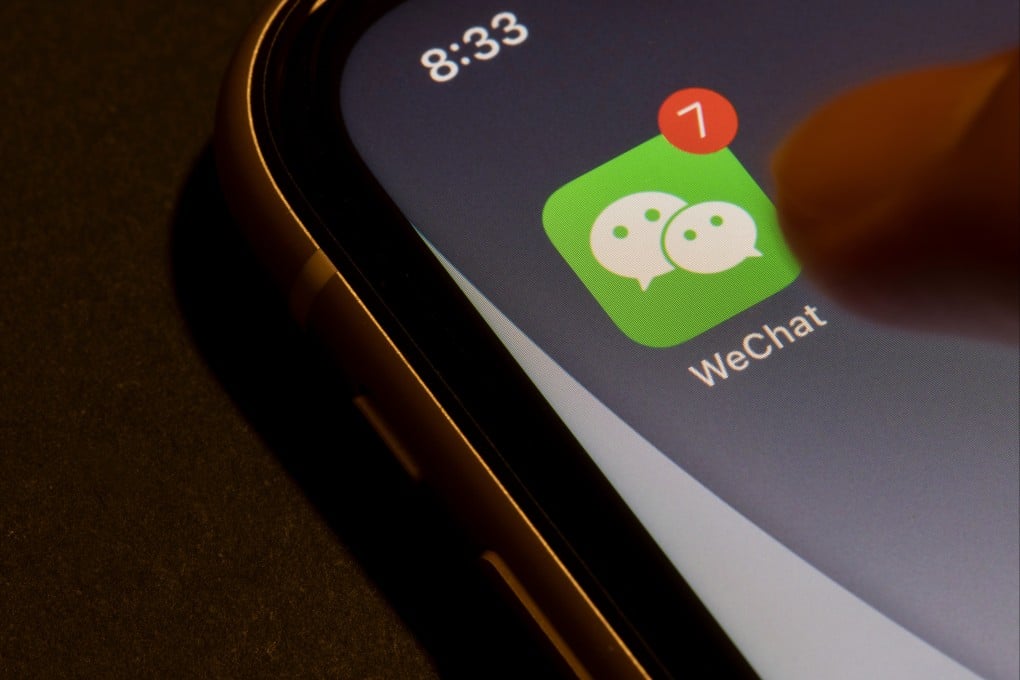Opinion | Finding the courage to criticise Covid-19 injustice in China
- Amid China’s pandemic turmoil in 2022, many turned to platforms like WeChat to vent their frustration
- As a Chinese living in the UK, I feel fortunate, and guilty, to have the freedom to speak out, relatively untouched by the strict censorship

Until early 2022, I was content with writing in a “safe” way. My Chinese column was only critical of British politics, and my English book on China took a middle ground – which itself required some courage. Yet I decided to take a leap and speak up fully.
Most Chinese writers are only willing to politely give advice to the Chinese government, not criticise it. This is because in China, those who publicly criticise the government immediately sense that trouble is coming.
Article 35 of the constitution says: “Citizens of the People’s Republic of China have freedom of speech, of the press, of assembly, of association, of procession and of demonstration.”
Chinese internet users flocked to social media to decry the treatment of the hitherto unknown woman of unknown origin, abducted or sold and subjected to decades of abuse, forced to give birth to eight children and kept chained up by the man who claimed to be her husband.
.jpeg?itok=IWIemjTe&v=1689818059)